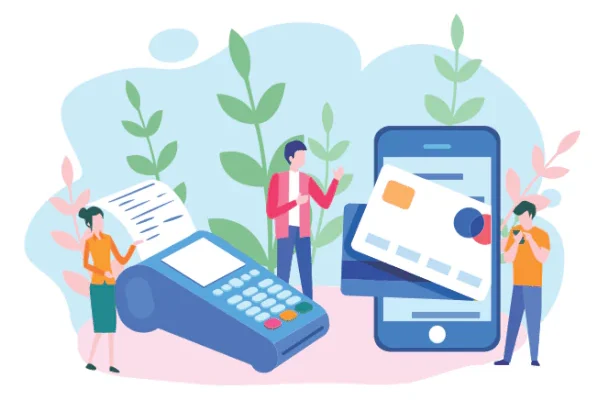Renegotiation fairs: a chance to reorganize finances
The latest data on delinquency in the country shows a universe of more than 64 million consumers with a negative credit rating, according to data from the credit bureau sector. We know how important this information is for decision making by credit granting companies - from small shopkeepers to large financial institutions. But it is possible to go beyond informing.
Bringing together a base of creditors and borrowers, credit bureaus have made efforts to build bridges between them. With their initiatives, they make it possible to reach agreements to renegotiate arrears through widely publicized fairs and ongoing actions on their websites and apps.
A recent survey by the Getulio Vargas Foundation (FGV) showed that 32% of the consumers Brazilians have a family member in arrears, a percentage that rises to 58% among those with an income of up to R$ 2,100.00. The main reasons for falling into arrears, according to those interviewed, were rising prices, the difficulty of increasing income or getting a job, and rising expenses.
Regardless of the reason for the debt being registered, many people are interested in resolving their arrears and don't always know where to start. Others are intimidated by the amount of the debt, plus fines and interest. In this sense, renegotiation fairs are a great opportunity to organize one's financial life and make a fresh start.

The renegotiation is in the interest of borrowers and the creditors. On the one hand, a renegotiation removes restrictions from credit histories, rehabilitating access to consumption via credit. On the part of creditors, it reduces losses from defaults, relieves companies' cash flow and frees up resources for new concessions.
At the negotiating table, it is common for both parties to have to make concessions. One of the attractions of the fairs is that creditors offer discounts on the amounts charged for interest and fines for late payment, reducing the value of the debts. There are cases where the discounts exceed 90%. In return, debtors must meet the agreed deadlines.
It's important to bear in mind that the renegotiated debt will only be resolved when its amount is paid off. Renegotiation is only the first step and, for this reason, it must be well designed, taking into account the debtor's reality. An agreement that results in installments above the consumer's ability to pay will soon prove to be unviable.
The success of the renegotiation depends on the consumer's commitment and a realistic restructuring of the debts, so that the debtor can fulfill the agreement and avoid so-called "re-default". For the duration of the agreement, budget adjustments, prioritizing spending, may be necessary as part of the consumer's effort to balance their accounts. And even after the delays have been overcome, it is important to continue using credit without compromising your financial balance.
Renegotiation campaigns have had their deadlines extended to help people get through the crisis caused by the pandemic. At the beginning of the year, thanks to the efforts of various organizations and companies, these campaigns made a strong comeback, as was widely reported in the media. In addition to the fairs, the bureaus maintain ongoing actions to encourage renegotiations and are the main sources for monitoring default in the country. The fact that consumers can access them online and in person makes it easier to reach different sections of the population.
Under the impact of a new shock, this time geopolitical, the economic scenario has once again proved challenging. High inflation imposes difficulties on families, which makes the effort to contain debt and avoid the impact of interest on the budget all the more important. Aware of their mission in times of adversity, bureaus will continue to provide information and build bridges between consumers and creditors, contributing to the health of the financial system.
Thanks for reading! Access other content at ANBC website.
President of ANBC - National Association of Credit Bureaus. Representative of Latin America in the World Bank Credit Committee. He also represents Brazil and Latin America in credit organisations accross the world, such as ACCIS, BIIA and ALACRED.




